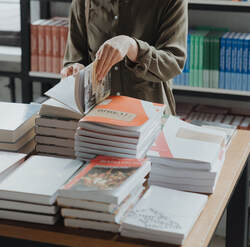
My name is Sarah and I’m a bookaholic. There: I’ve said it. I read a lot. Compulsively and widely. Ever since I learned to read over my brothers’ shoulders, books have provided a glorious escape into a parallel universe.
Perhaps escape is the wrong word: that makes it sound as if I’m trying to get away from life. And of course, sometimes we all need a refuge. There’s nothing wrong with a bit of escapism when real life is overwhelming. But I think of books as more like food. I can no more entertain the idea of going for 24 hours without reading (how would that work?) than I can imagine a day without eating. Books are basic nourishment, as well as entertainment. Sometimes they serve as fairly plain fodder; at other times a feast for the soul.
One of the best pieces of advice I was ever given as a would-be novelist was to read a lot. Bliss! Carte blanche to do what I was doing already. A failsafe excuse if challenged by anyone trying to get my attention, helped of course by the fact that part of my job entails running a literary festival. (It’s a work thing…)
Anyway, what have I read and enjoyed in recent months? Honest answer: lots. But I’ve tried to narrow this down to a few highlights.
Anne Lamott is a prolific author of fiction and non-fiction. Her 1995 Bird by Bird: Instructions on Writing and Life is the single best book I’ve ever read on writing. I’ve not read any of her fiction, but I have enjoyed a number of her autobiographical collections of essays on faith.
Her latest is Dusk Night Dawn: On revival and courage. Her stock-in-trade is to mine stories from her own life in order to offer reflections on universal human insecurities and fears. She writes with acute observation and ruthless precision.
Her trademark is an unflinching honesty leavened with a large helping of compassion, self-deprecation, and warmth; she is eminently relatable.
The new book is all about finding hope in the darkness. How can we cope as the bad news piles up? Where do we find joy when our feet are sore and our hearts are broken? She started writing it two years ago, triggered by the climate crisis and using her recent marriage — her first, at 64 — as a jumping-off point for her ruminations. The mix of the domestic and the global is typical Lamott. You can read an interview I did with Lamott here.
For a completely different offering from over the pond, you might like to read Rodham by Curtis Sittenfield, another American author I’ve long admired. I particularly loved American Wife, a fictional account of the life of Laura Bush. With Rodham, she’s in political territory again. It is the ultimate ‘What if?’ story, in this case asking what if Hillary Rodham hadn’t married Bill Clinton?
The book is meticulously researched. The author has clearly done her homework. Reviews have been mixed, and it is not without flaws (although I don’t have a huge amount of sympathy for the Amazon reviewer who complained he didn’t like it because ‘it wasn’t true’).
Some of the detail in the second half feels like overload. But I loved the way the author had conjured up what might have motivated Hillary, from her experience growing up when the father of a schoolfriend tells her she is ‘awfully opinionated for a girl’ to her devastation when she realises that Bill will never be faithful to her. I ended up thoroughly gripped – and far more sympathetic to the real Hillary Clinton.
What else? Light Perpetual by Francis Spufford (longlisted for the Booker Prize) asks a different what if? What if the bomb that landed on Woolworths in south London in November 1944, killing 168 people including 15 children under the age of 11 hadn’t done so? Spufford explores the lives of five of those children, ordinary working-class people who lived on and grew up to live their lives through the next seventy years or so. Music holds the whole thing together, casting a spell: the book is an intricate composition of huge ambition, encompassing the history of a small island of London in constant post-war flux.
‘What if?’, people keep wondering in Light Perpetual. ‘Why this life and not the other?’ I can’t put it better than the reviewer in the Guardian who writes: ‘The novel is both a requiem and a giving of new life, fusing death and resurrection as they are fused in the Christian liturgy: Let light perpetual shine upon them.’
Generally, I don’t do a great deal of re-reading, mainly because there are always more books on my list than there is time to read. But for a number of reasons I’ve found myself re-reading Susan Howatch. Remember the Starbridge novels of the 1980s? A series of six, they have rather confusing names: Glittering Images, Ultimate Prizes, Glamorous Powers and so on. Howatch, previously known for her sweeping historical-romantic sagas (Penmarric, Cashelmara) came to faith and turned her impressive storytelling talents to the Church of England.
The six fat Starbridge novels – based in a fictional diocese in the south-west of England, are followed by the three St Benet’s novels set in the city of London. (For a fast reader this is bliss: literally thousands of pages of intelligent diversion.) They are all concerned with the big existential questions, and closely tied to the theological debate of the day. Sometimes the plots are a tad far-fetched but they are complete page-turners.
As well as tight plotting what makes them so gripping is her clever use of multi-viewpoint narratives, so that your sympathy swings one way and another. Her characters are flawed and real. Howatch is extremely skilled at revealing the narratives that people cling on to in a crisis.
Susan Howatch is rather out of fashion now, for a number of reasons. But I’ve found them well worth a re-read. Her insight into the interaction between the psyche, the emotions and the soul is finely tuned. And ultimately compassionate. She gives us all reason to hope for healing and redemption.
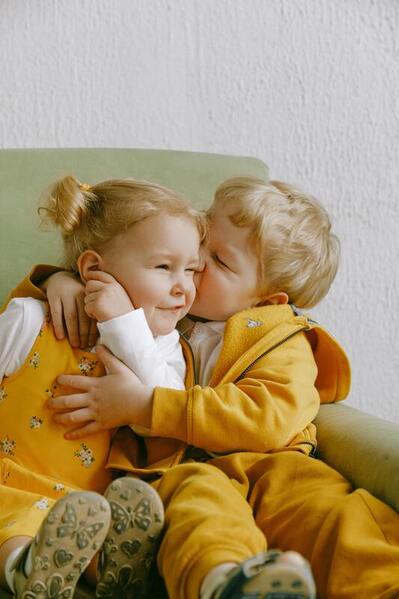
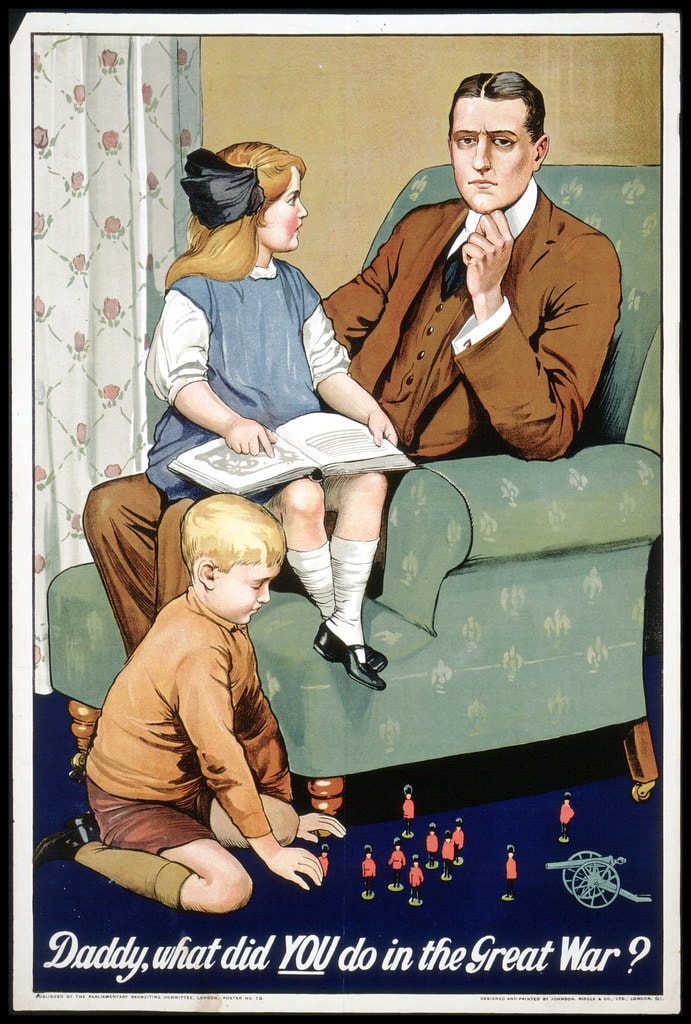
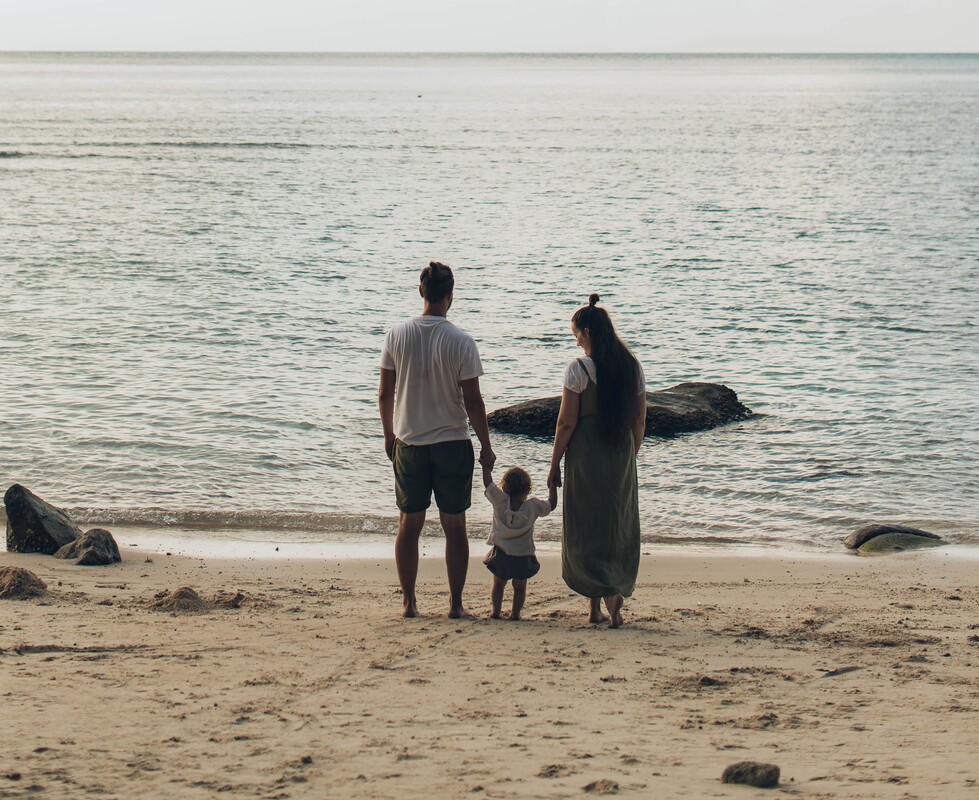
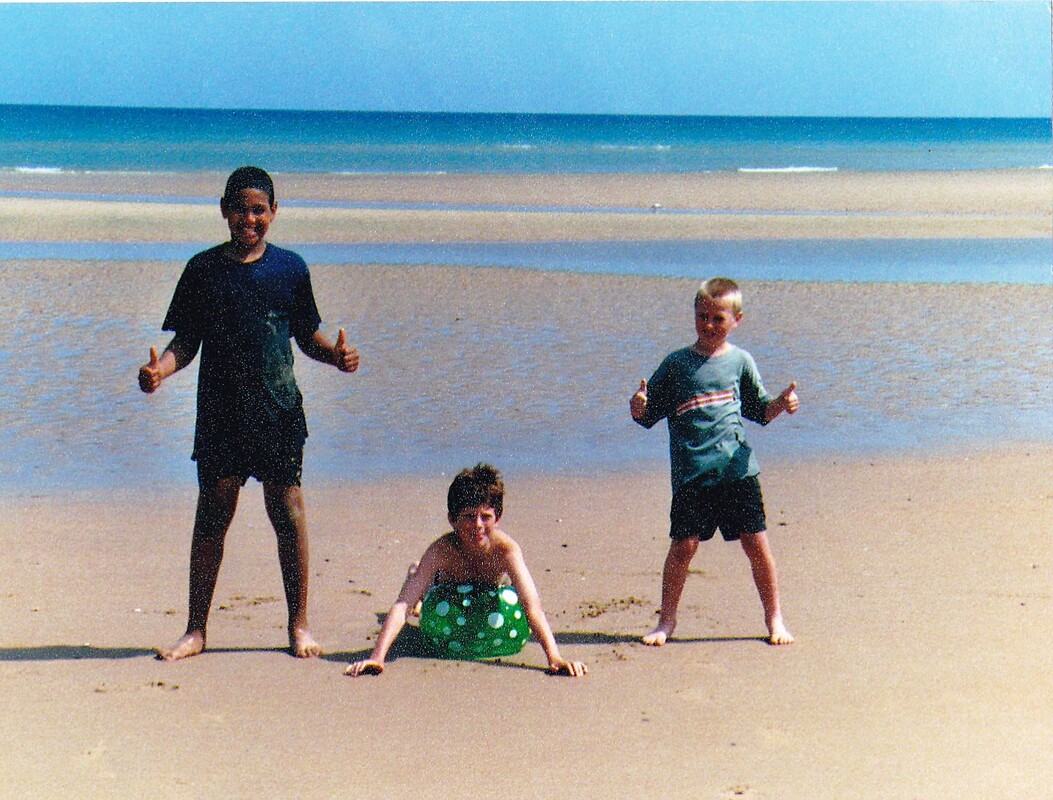
 RSS Feed
RSS Feed
